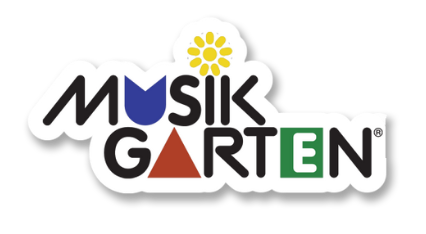The annual turning of the calendar generates reflection of the year past as well as expectation for the year ahead. Whether we wish to or not, during this time we often go through a mental exercise of regrets and aspirations. When looking to improve our personal as well as professional lives in the new year, purposeful, formal, and written goal setting has been proven to be more effective in changing or improving behaviors.
A helpful way to accomplish this is by following the SMART goal acronym, reminding us that goals should be Specific, Measurable, Achievable, Relevant, and Time-Bound. For the early childhood music teacher, as with any educator, there are goals that will make the classroom more effective. But when that teacher is also the owner of a children’s music studio, there are also goals that regard the business. Each set of goals affects the other and combine to make a successful studio.
Goal Setting for Teachers (of any kind)
For educators, it’s important to always be learning and improving teaching practices. The tasks involved in this endeavor can be quite overwhelming. These simple recommendations may help to reach those goals without losing your mind in the process.
- Reflect over the last teaching period – Whether a year or a semester, look back at what went well and what didn’t go so well in order to determine your needs.
- Get feedback from your students, parents, supervisors, and/or peers – Often times, what we perceive as needing improvement is unwarranted, while some other areas may not have even occurred to us.
- Focus on just a few things that need improvement – Your list of things you could improve may be a mile long, but trying to tackle them all at once is often a formula for failure.
- Write your SMART goals and remind yourself every day – With the initial chaos that a new teaching period often brings, it’s easy to lose focus on things outside the classroom. Posting goals somewhere to be seen often helps keep you focused.
Goal Setting for the Children’s Music Studio (or any small business)
Managing a classroom is challenging enough without having to run and maintain a successful early childhood music studio. However, it’s important to put on your business owner’s hat and set goals for the studio as well.
- Go through the same reflection and feedback process – While improvements to the classroom often coincide with business goals, other considerations such as cost or communication outside of the classroom should be considered.
- Consider the functional areas of the business – As with any size organization, there are major functional areas that also affect small businesses – Management, Production/Operations, Finance/Accounting, and Marketing/Sales. There is a great deal of resources available to help understand and improve these areas.
- Set growth goals and the marketing tactics to achieve them – Most business owners want to grow, but sustainable growth is paramount to success. Sell it first, then build it is an established business axiom. One shouldn’t hire new teachers without the students, or expand classroom space without the need.
- Start small and build gradually – Many organizations try to go “too big, too fast,” which is why many small businesses fail within the first few years. Take a tip from the tortoise, slow and steady wins the race.
The new year brings new opportunities and hope for a brighter future. Focusing on fewer, yet specific, goals for the classroom and the early childhood music studio will help to ensure long term success.





